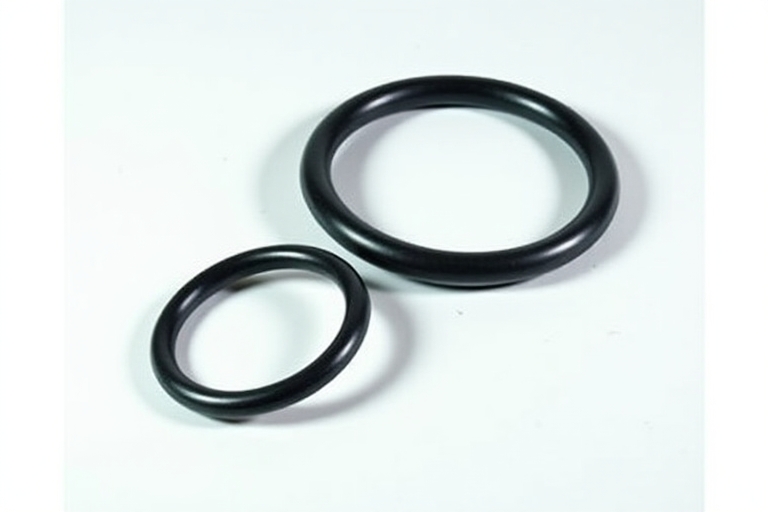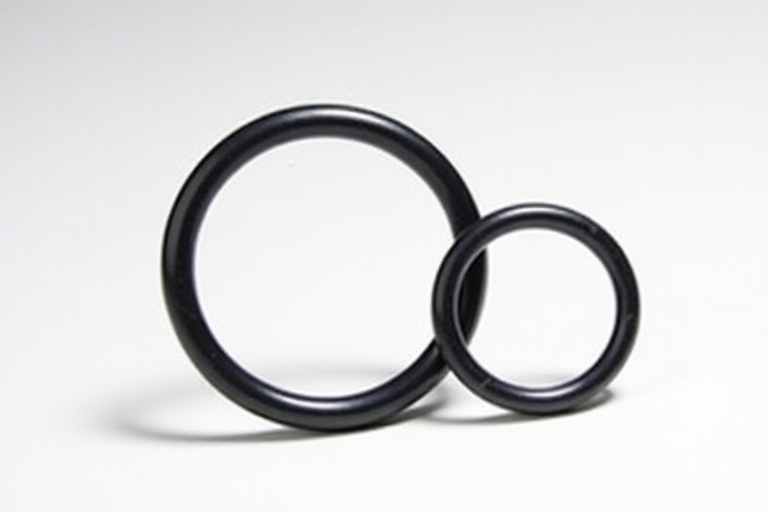In the realm of industrial applications, sealing solutions are crucial for preventing leaks and ensuring the integrity of systems. Among the various options available, EPDM O-rings stand out due to their exceptional properties. Whether you are involved in automotive manufacturing, water purification, or medical devices, understanding these versatile components can significantly impact the performance and longevity of your systems. This article delves into the world of EPDM O-rings, exploring their characteristics, applications, and benefits.
EPDM stands for Ethylene Propylene Diene Monomer, a type of synthetic rubber known for its excellent resistance to environmental influences. EPDM O-rings are crafted from this durable material, offering a reliable sealing solution for a wide array of applications. They are particularly renowned for their resistance to ozone, sunlight, and weathering, making them ideal for outdoor use.

Temperature Resistance: EPDM O-rings can withstand temperatures ranging from -55°C (-67°F) to 125°C (257°F), although specialty compounds can extend this range further.
Chemical Resistance: They exhibit good resistance to many dilute acids, alkalis, and polar solvents, making them suitable for chemical processing industries.
Flexibility and Durability: EPDM O-rings maintain excellent flexibility at low temperatures and have a long-lasting shelf life, ensuring durability in various conditions.
Electrical Insulation: Their electrical insulation properties make them ideal for applications requiring non-conductive materials.
EPDM O-rings are utilized across numerous industries due to their versatile properties. Here are some common applications:
In the automotive sector, EPDM O-rings are used in braking systems, providing excellent glycol resistance. Their ability to withstand high temperatures and aggressive chemicals makes them indispensable in ensuring vehicle safety and performance.
EPDM O-rings are a popular choice in water purification systems due to their resistance to chlorine and chloramine. They are NSF 61 compliant, making them safe for drinking water applications.
The medical industry relies on EPDM O-rings for their excellent chemical resistance and compliance with USP Class VI and ISO 10993 standards. These O-rings are used in various medical devices, ensuring safe and effective operations.
EPDM O-rings are often utilized in food and beverage applications due to their FDA compliance. They provide reliable sealing solutions in systems where hygiene and safety are paramount.
EPDM O-rings can be categorized based on their curing systems: sulfur-cured and peroxide-cured.
Sulfur-cured EPDM O-rings are more cost-effective and easier to produce. However, they may exhibit some bloom and are prone to hardening at high temperatures, which can affect their compression set.
Peroxide-cured EPDM O-rings offer superior heat resistance and aging properties. Although they are more expensive and challenging to produce, their enhanced chemical stability makes them ideal for demanding applications.
EPDM O-rings offer several benefits that make them a preferred choice in various industries:
Weather Resistance: Their ability to withstand ozone, aging, and sunlight ensures longevity in outdoor environments.
Chemical Compatibility: EPDM O-rings are resistant to a wide range of chemicals, including alcohols, ketones, and silicone oils.
Cost-Effectiveness: Despite their superior properties, EPDM O-rings are relatively inexpensive compared to other elastomers.
Versatility: Available in various sizes and hardness levels, EPDM O-rings can be customized to meet specific application needs.

While EPDM O-rings are highly versatile, they have some limitations:
Poor Oil Resistance: EPDM O-rings are not suitable for use with most petroleum and mineral oil products.
Limited Flame Resistance: They do not perform well in applications requiring flame resistance.
Incompatibility with Certain Solvents: EPDM O-rings should not be used with halogenated solvents and concentrated acids.
Selecting the appropriate EPDM O-ring involves considering several factors, including the application's temperature range, chemical exposure, and mechanical requirements. Consulting with experts or manufacturers can help ensure the right choice for your specific needs.
EPDM O-rings are a versatile and cost-effective sealing solution for a wide range of applications. Their excellent resistance to environmental factors and chemicals makes them indispensable in industries such as automotive, water purification, and medical devices. By understanding their properties and limitations, you can make informed decisions to enhance the performance and longevity of your systems.

